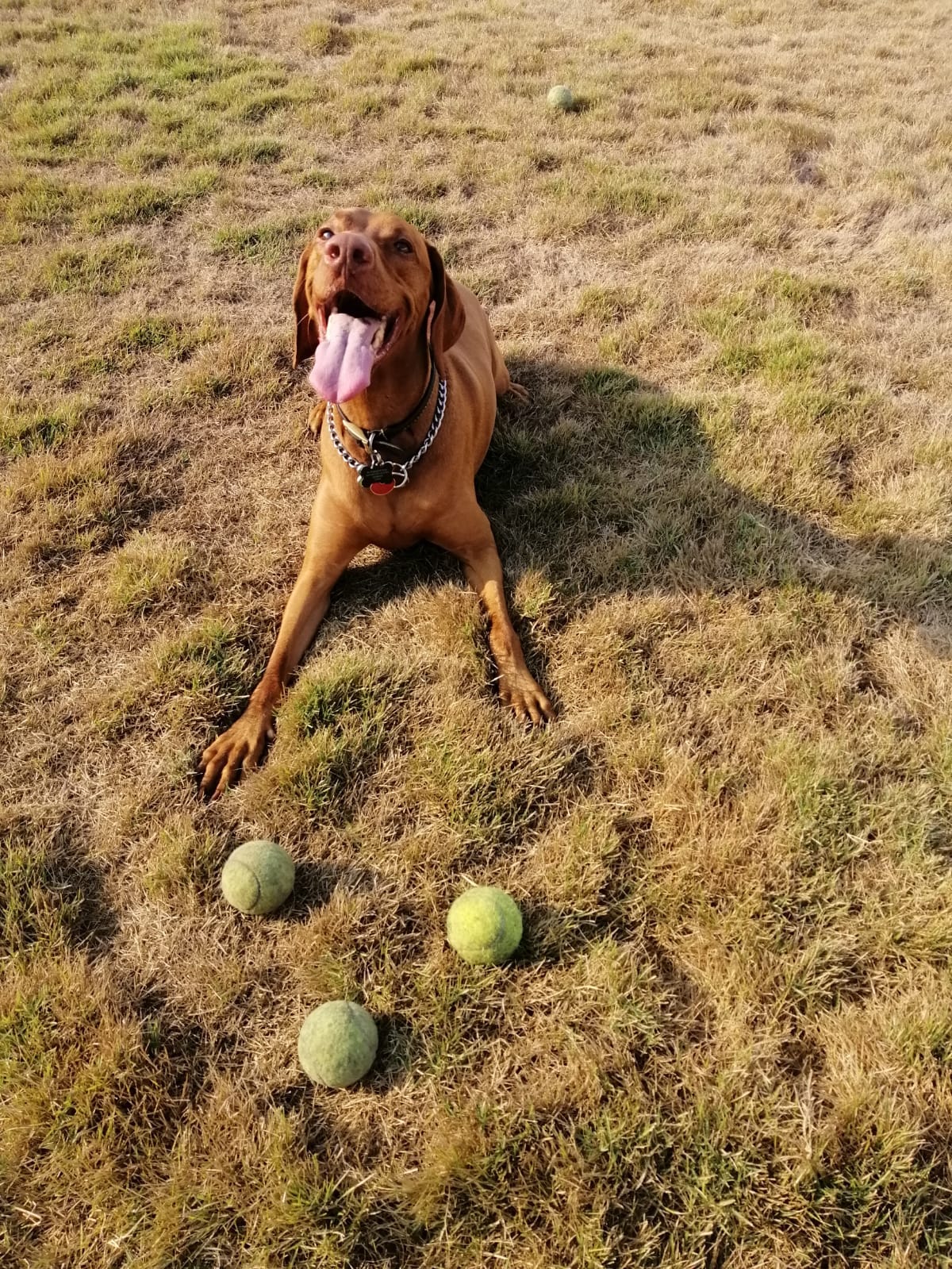What we might consider to be simply naughty behavior has its roots in the way our dog interacts with his environment and his owners. Most of your dog's behaviors (both good and bad) are a reflection and a result of his interaction with the world around him. Where general naughtiness is concerned, it is not necessary to directly address a specific problem behavior. Specific behavior problems have general (and simple) causes and remedies.
In this article, we will look at the most important factors related to the general mental health of your dog.
Consistency
Nervousness and bad habits are often formed when a dog's life lacks consistency. A dog needs a consistent set of rules and guidelines in order to live his life without the stress of wondering for what behavior he will be praised, and for what behavior he will be punished.
Imagine playing a card game with a person who - at will - could change the rules and even the object of the game. Imagine if your company changed its regulations so frequently that you couldn't keep up with what was acceptable behavior for employees. What would driving be like if traffic police were able to change laws randomly or at whim? Okay, we know what that last one is like.
A mentally happy dog is a dog that knows the rules – and knows that the rules never change. Many times we unfairly assume that a dog should know the difference between when a particular behavior is acceptable and when it is not.
If your dog is allowed to jump up on you on Sunday afternoon when you're wearing jeans and an old t-shirt, he should be allowed to jump on you on Monday morning when you're in your suit a tie. If your dog is fed from the table during a casual meal with the family, he should be allowed to beg at the table when invited guests are formally dining with you. In the dog's mind there is NO DIFFERENCE between these circumstances. Allowing a behavior now, but then punishing that same behavior later, will cause your dog to become confused and nervous. That nervousness will show itself in odd and sometimes destructive behaviors.
Decide what will be acceptable behavior and ensure that everyone associated with your dog follows the guidelines.
Healthy Body = Healthy Mind
Fears, aggressions and odd behaviors are sometimes side effects of physical problems such as allergies, aches and pains or loss of hearing and eyesight. An injured dog can become defensively aggressive to protect itself. The loss or impairment of vision can sometimes frighten a dog and lead to anxieties.
If your dog suddenly displays odd behaviors, take him to his veterinarian for a physical check up to ensure he is healthy.
Diet
It is said that, “you are what you eat.” This applies to your dog as much as it applies to yourself. Eating junk food on a regular basis can make you feel mentally deadened and dull. It can sap your energy.
A poor diet can fatten a dog without providing the nutrients they need to stay physically healthy and mentally sane. Check the labels of your dog food and see what they are actually eating. A high quality dog food may seem expensive in the short term, but if your dog is getting a proper intake of vitamins, minerals and balanced protein and carbohydrates, you will be saving yourself the high costs and heartbreak of maintaining an ill pet in the future.
To ensure physical fitness and mental soundness, make sure your dog is on a healthy diet.
Exercise
Exercise is a crucial component to keeping your dog mentally fit. Exercise drains pent-up energy and will make your dog feel mentally fresh and relieved. Getting out of the house for a brisk walk will satisfy your dog's need to explore and roam. Running your dog on a treadmill will deplete nervous energy, build muscle and reduce weight.
Avoid physical activities that excite your dog for no good purpose. An example of that could be when your dog becomes frantic and wild when he plays with other dogs or children. While it appears that your dog is expending energy, he is also becoming hysterical and that nervousness will do him no good.
Inner Dogness
All dogs have a need to fulfill their inherent purposes. Whether you have a lapdog or a hunting dog, the urge to play out their instinctive behavior is just below the surface. By satisfying these urges you are allowing your pet to express his inner “dogness”.
All dogs have an innate need to chase prey animals. To avoid making enemies of your neighbor's cat, try throwing a tennis ball for your dog to chase after. Tug toys are useful for a friendly game of tug-of-war.
Summary
Provide your dog with a clear schedule
Ensure consistency of rules and regulations
Look after his physical health and nutrition
Let him enjoy being a dog, and keep him well exercised.
Keeping these points in mind you can expect to have a healthy and emotionally balanced companion.





